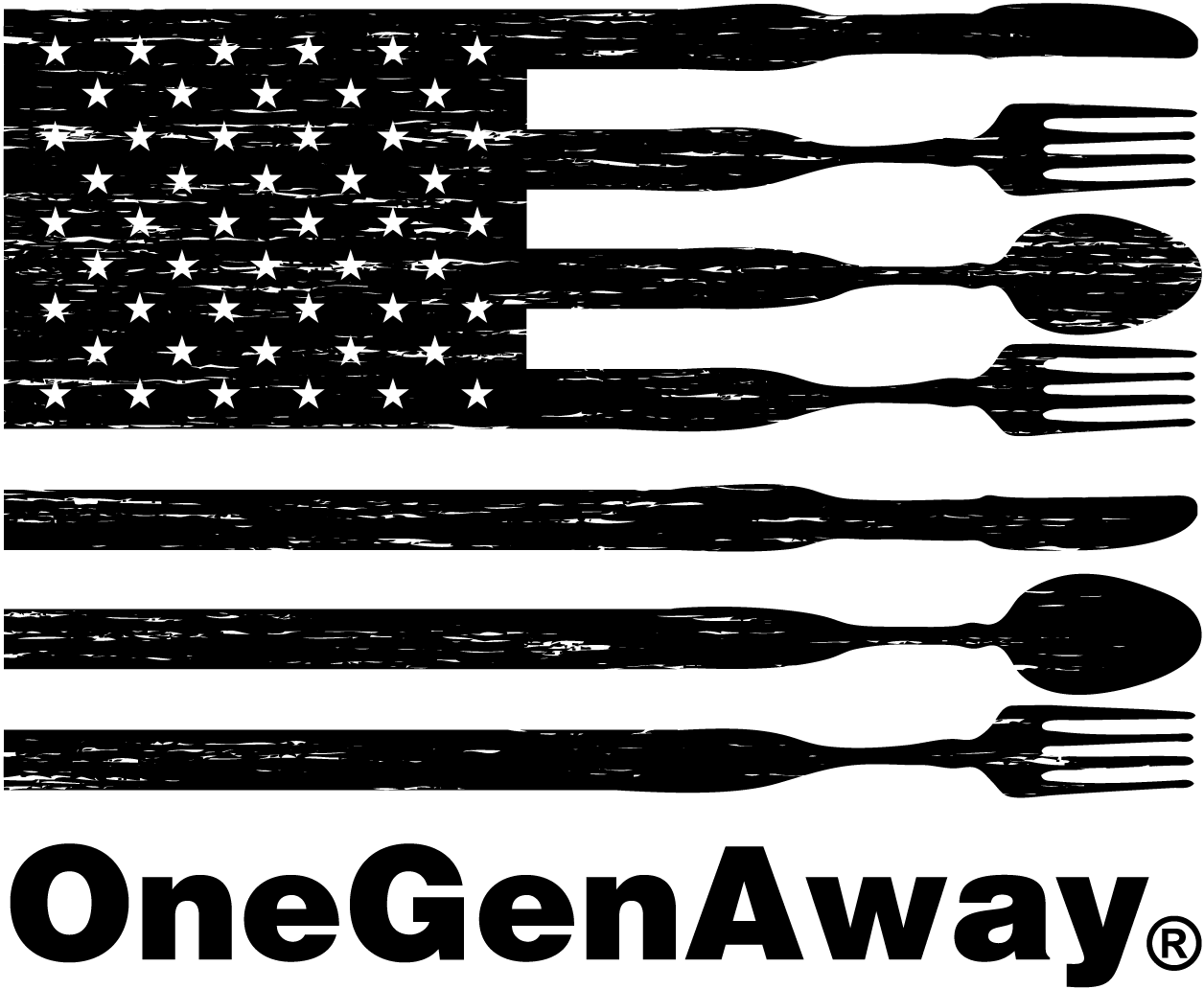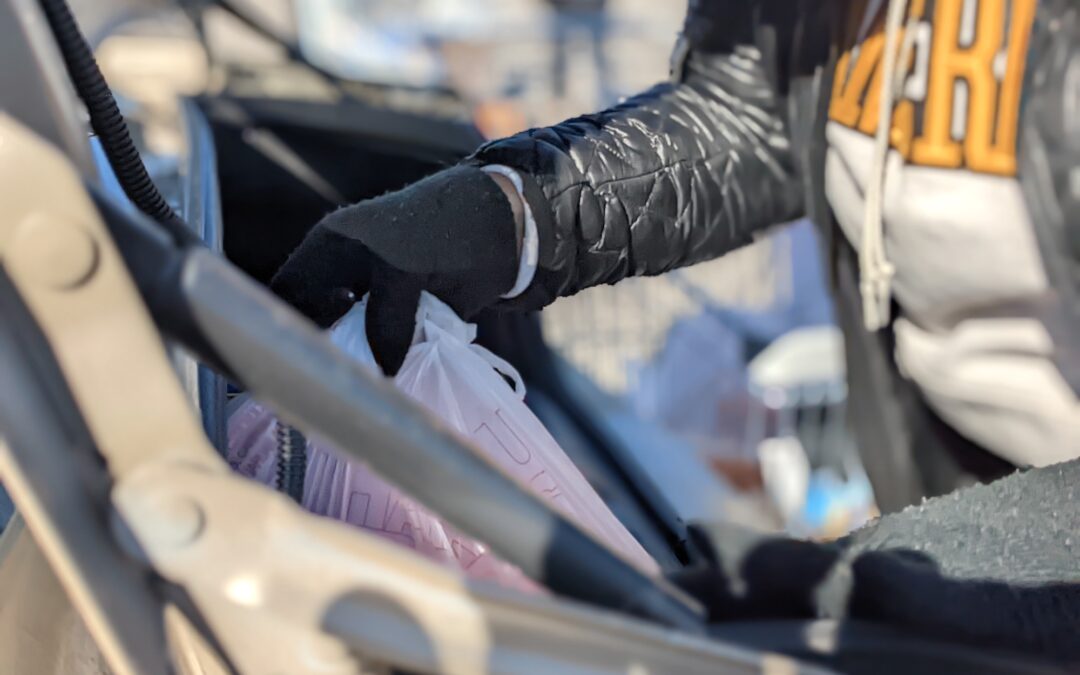“I don’t usually accept handouts, but …”
This is how many people who have received food from us begin their conversations with me.
On the mornings of our food distributions, I have had the privilege of greeting our guests who have lined up before the sunrise. I get to hear how each person is doing, pray with them if they want to be prayed for, listen to their stories if they would like to share. It has been a very special way to spend my morning.
Many times, a person will share with me the unique situations that brought them to us: John has been on medical leave for a surgery and hasn’t been able to work for a few weeks. Pam is on a fixed income and has suddenly taken in a family member’s children. Linda had an unexpected bill that put her out just enough to make her worry about how to feed her family.
While these names are made up, the stories are real. And often, the stories are prefaced by, “Well, I don’t normally take handouts.”
I always smile when someone says this, and I normally encourage them that, hey, everyone needs help, right? Help will look different from person to person, from situation to situation, but receiving is a part of living. We hope and pray that those who receive from our distributions only need help in the form of a food box for a season, but the reality is, sometimes it’s not just a season. And we are honored to serve those who come to us one time or many times.
We live in communities because we need one another. Always. But within our society, sometimes receiving help has negative connotations. As a culture, we so deeply value independence, but where would we be if we were all alone?
Perhaps receiving is not the opposite of giving but its greatest companion. We must receive grace just as much as we are called to give it.
It is my hope that both giving and receiving will be as breathing to us, not tied to shame or humiliation or duty or obligation, but as two halves of grace. Inhalation and exhalation.

